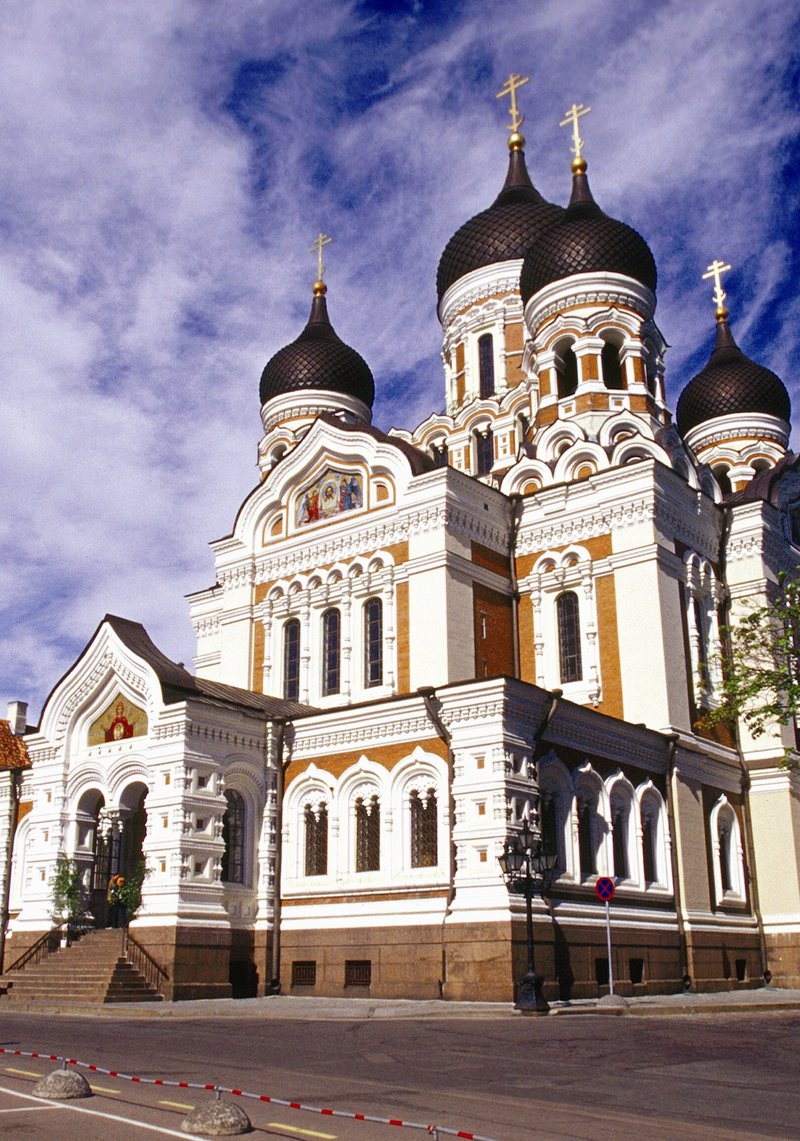BARCELONA TO TALLINN
Estonia is one of the EU’s least populated countries – just above 1.3 million – and its capital Tallinn is the closest EU capital to Saint Petersburg, just nearer than Finland’s Helsinki. First named Sankt-Pieter-Burch, in the Dutch manner, and later taking the German form of Sankt-Peterburg, the city was the capital of tsarist Russia for 300 years; Peter the Great founded it at the start of the 18th century, making it the capital of Muscovy as part of his efforts to modernise and Europeanise his kingdom.
In his expansion of the newly founded “Russian Empire”, the self-proclaimed Tsar (as in Caesar, akin to emperor) absorbed many nations, eastwards and westwards, including Estonia, which had already fought back previous attacks from the hordes of the Duchy of Moscow, helped by the Danes and the Swedes. Subsequently, Estonia only gained statehood following the turmoil of the Soviet revolution, and kept it for only 20 years, until 1941, when it was invaded by the Red Army – after the infamous Ribbentrop-Molotov pact, in which the Nazis and the Soviets divided Eastern Europe up as if it were a cake to serve their imperialistic purposes.
A few decades later, the Baltic republics, Latvia, Lithuania, and, especially, Estonia, capitalised on Gorbachev’s genuine quest for a Communism with a “human face” – added in the legitimacy of their own cause. The window opened with “Glasnost” (openness) and “Perestroika” (reform), and shrewd Estonian politicians, led by Lennart Meri, unlocked a slow-moving but solid path to freedom. Once the Soviet’s usual threat of violence and destruction was removed, minor environment issues were raised first, to be followed by calls for financial independence, and finally a unilateral referendum on independence.
Today, Estonia is a member of the EU and the Eurozone, its sovereignty shared willingly, its security assured by NATO. The country epitomises the determination for survival of a people against all the odds. This can be seen by the wealth of melodies and tunes, kept alive by hundreds of choirs around the country during the days of Soviet repression, and which today gather openly every few years for its famous Song Festivals.
In a way, Catalonia’s history parallels the Baltic country’s, its resolve intact despite also falling victim to the geopolitics of the early 18th century, in what many consider the first truly international conflict, Spain’s War of Succession. Abandoned by its then natural ally, England, Catalonia faced the Castilians, and, chiefly, the much stronger French Bourbon army. As a result, the Catalan-speaking nations of Valencia, the Balearics and Catalonia, were crushed, their core institutions suppressed and ruled from and for Madrid ever since.
Granted, some regard this as only a matter of stubborn irreducibility, perhaps unconsciously parroting the centralist view from the capital, which includes a servile foreign press. In fact, the incapability of proposing much of an aspirational nature to the Baltic countries is mirrored down here; for Madrid, like Moscow before it, does not seduce, but threatens, imposes and exploits. Only the means are different, as the societies and contexts are not the same. Yet, the instruments of repression are here for anyone to see, such as the mass use of lawfare, the torture of activists, prison sentences for senior cadres on mock charges, and a brutish use of force when needed, such as in the 2017 Unilateral referendum.
As the Baltics were the wealthiest within the Soviet Union, so are the Catalan-speaking regions within Spain. Madrid only takes advantage of this distinctiveness as its cash cow; not to build a better more modern state, but to preserve its status quo, to, ultimately, attain a status beyond its possibilities.

